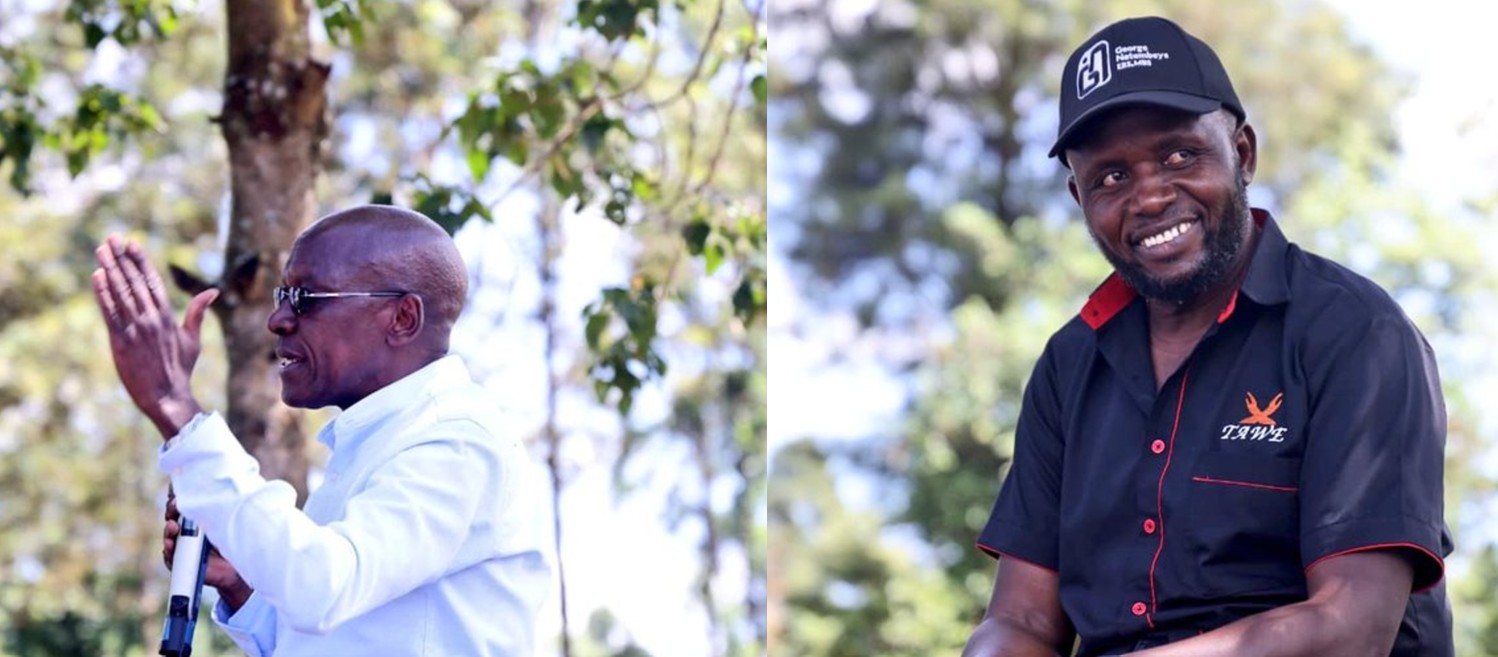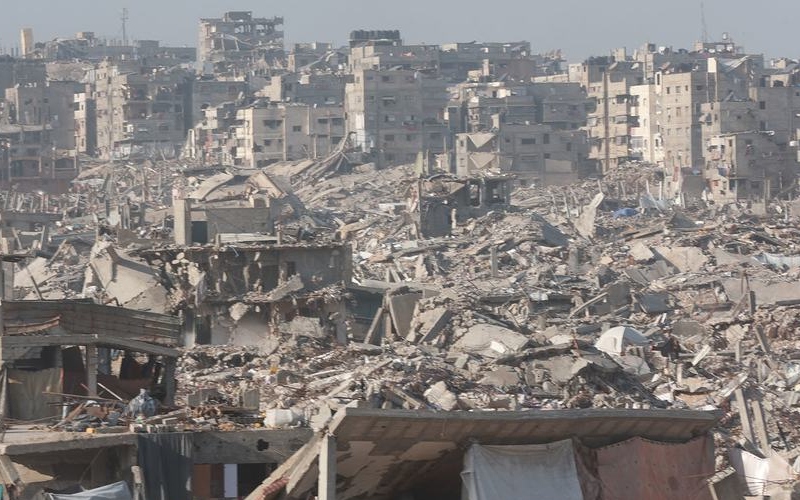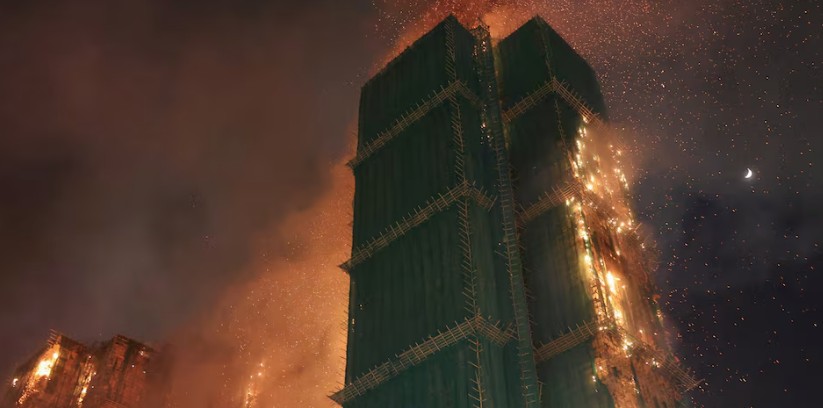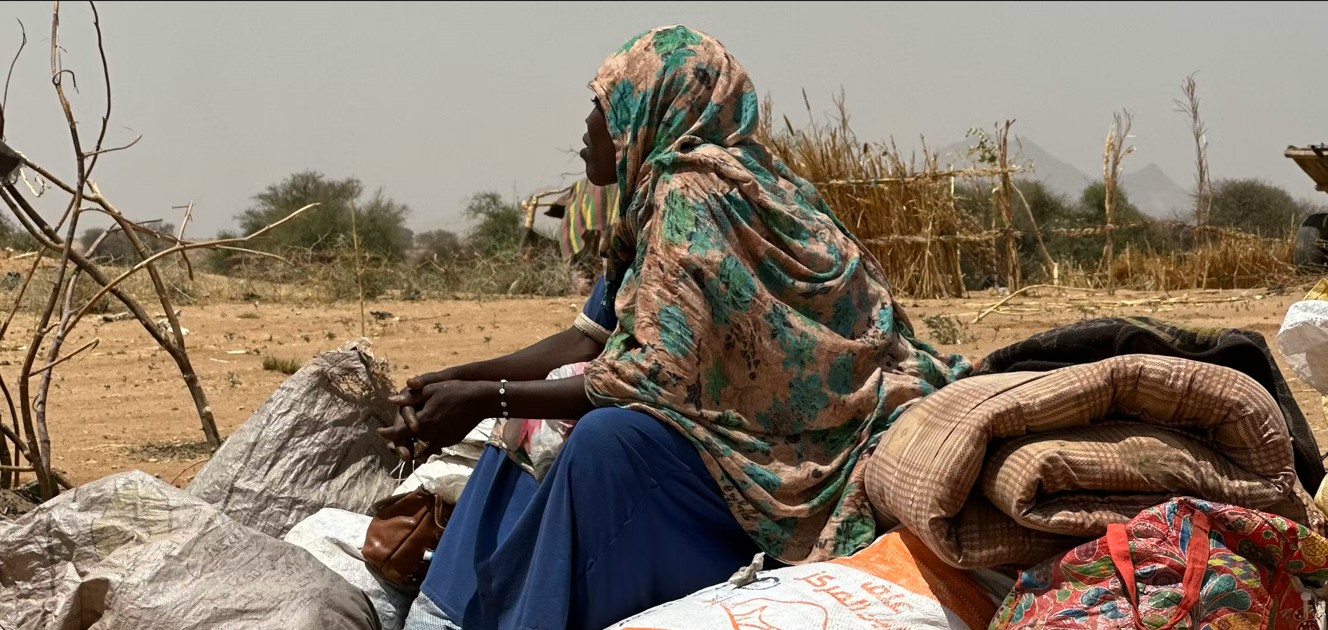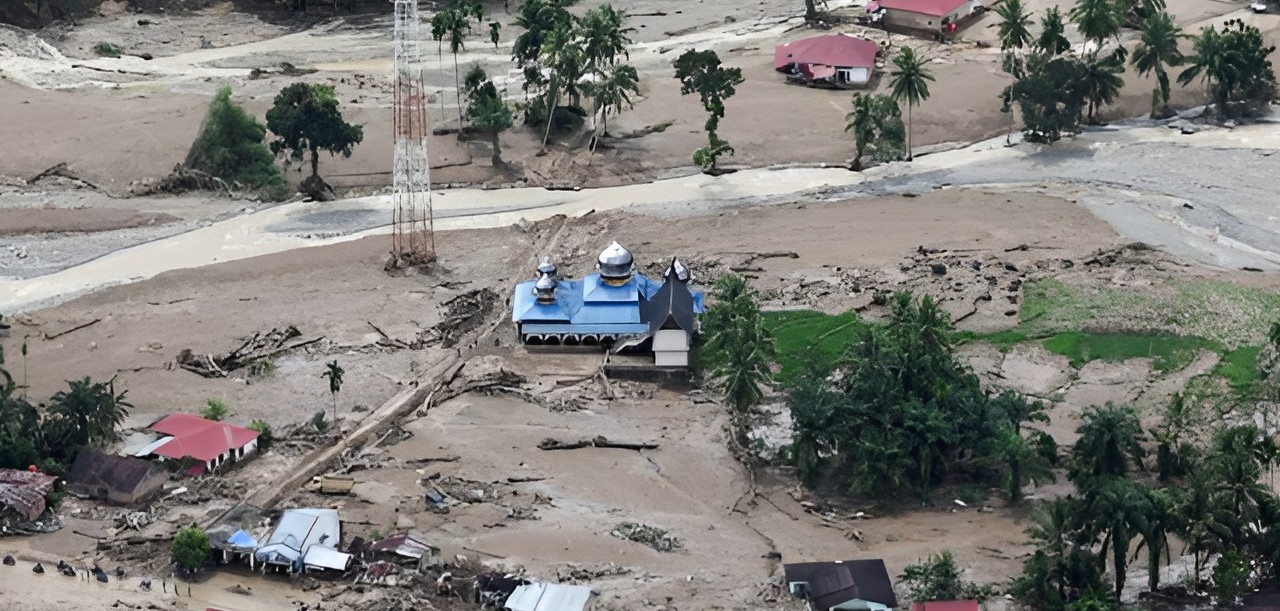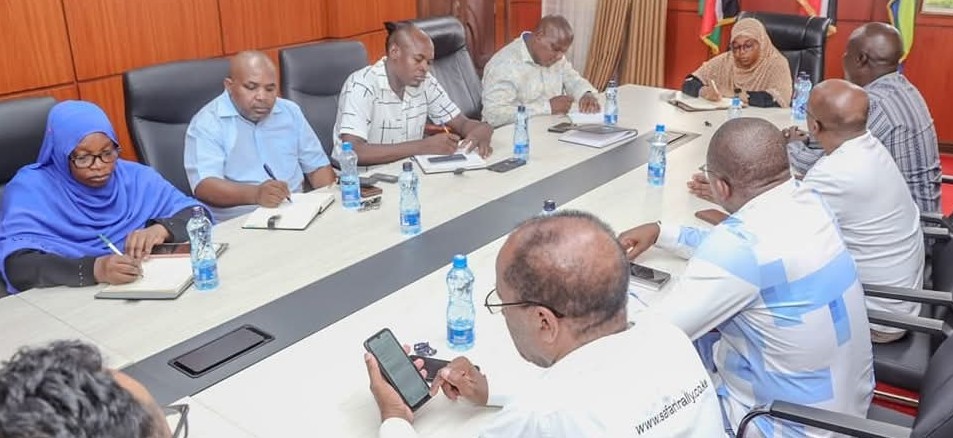DRC opens 124 million hectares to oil exploration, risking endangered species and rainforests
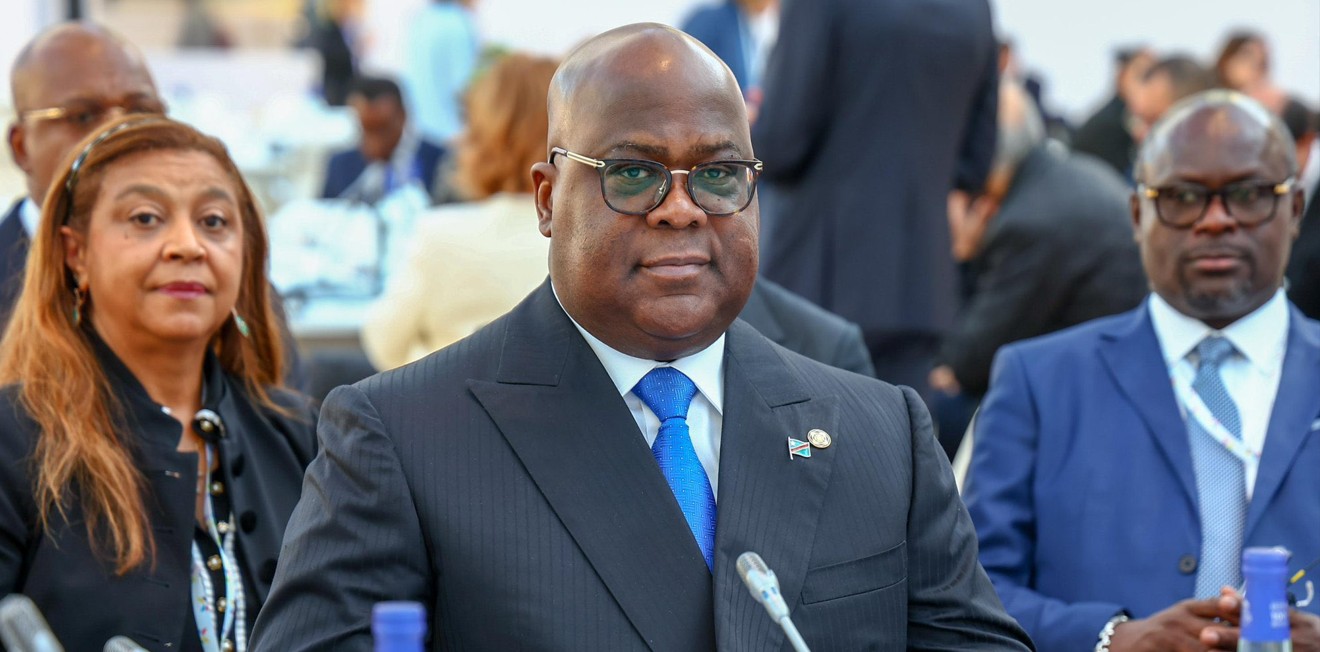
The new drilling plans could also affect around 39 million people living in the targeted areas, including indigenous communities, threatening their land, food sources and way of life.
The Democratic Republic of the Congo (DRC) has opened 124 million hectares of land and inland waters to oil and gas exploration, including areas that are home to endangered species and carbon-rich rainforests.
The Felix Tshisekedi-led nation, The Guardian reports, plans to offer 52 new oil blocks in 2025, in addition to three already awarded.
More To Read
- DR Congo, Rwanda leaders to sign peace deal in US
- M23 rebels hands over minors taken from conflict zones in North Kivu, DRC
- UN decries ‘truly horrific’ massacres in DR Congo
- MONUSCO condemns ADF attacks that killed 89 civilians in North Kivu
- Rwanda, DR Congo talks move into ‘phase two’
- Truck that overturned in Uasin Gishu was ferrying natural rubber latex to DRC
According to a new report by Earth Insight, written in collaboration with DRC-based group Notre Terre Sans Pétrole and Rainforest Foundation UK, 64 per cent of the targeted land constitutes tropical forests, with many of the proposed drilling zones located in protected areas.
Among the regions now open to oil exploration is the Cuvette Centrale, which stores an estimated 30 billion metric tonnes of carbon. The area is also home to rare and endangered species such as forest elephants, lowland gorillas, chimpanzees, bonobos and unique bird species.
Experts say disturbing the ecosystem could release massive amounts of carbon and destroy vital habitats.
The plan also puts the DRC government's own conservation project, the Kivu-Kinshasa Green Corridor, which aims to create the world's largest protected tropical reserve, at risk. According to the report, 72 per cent of the area now overlaps with planned oil blocks.
In 2022, the DRC tried to auction 30 oil and gas blocks, but the plan was dropped due to low interest and late bids. Now that the process has reopened, environmentalists worry the same problems will happen again.
According to Professor Simon Lewis, who helped map the Congo peatlands, the area is one of the worst places to drill for oil because of its high costs, fragile environment and low chances of profit.
The new drilling plans could also affect around 39 million people living in the targeted areas, including indigenous communities, threatening their land, food sources and way of life.
"Imagine 39 million Congolese people and 64% of our forests could be directly affected by the awarding of these oil blocks," said Pascal Mirindi, campaign coordinator for Notre Terre Sans Pétrole.
"And all this while the government is promoting the Kivu-Kinshasa ecological corridor. Where is the logic? Where is the coherence? We are reminding our leaders that the Congolese people are the primary sovereign. We will not remain silent while certain people organise themselves to sell off our future."
Despite international support to protect its forests, the DRC has received only a fraction of the funding promised under a $500 million (Sh64.6 billion) deal signed at COP26 through the Central African Forest Initiative (CAFI).
The agreement aimed to reduce deforestation and restore damaged land, but, so far, only $150 million (Sh19.4 billion) has been disbursed. Experts say this funding gap is pushing the country to turn to oil and gas projects instead.
Top Stories Today








